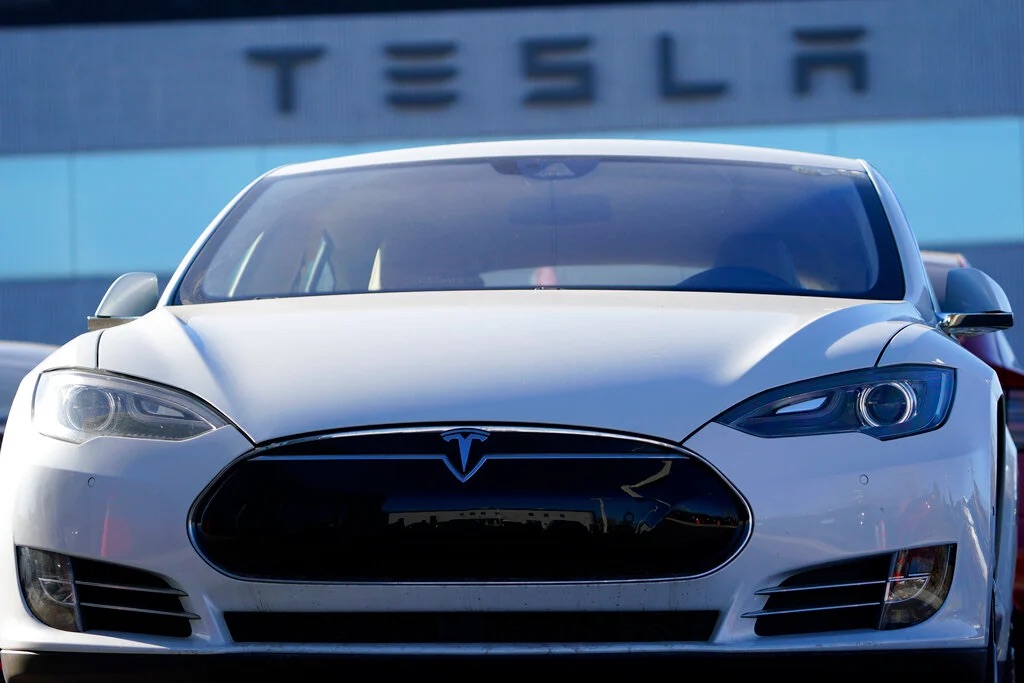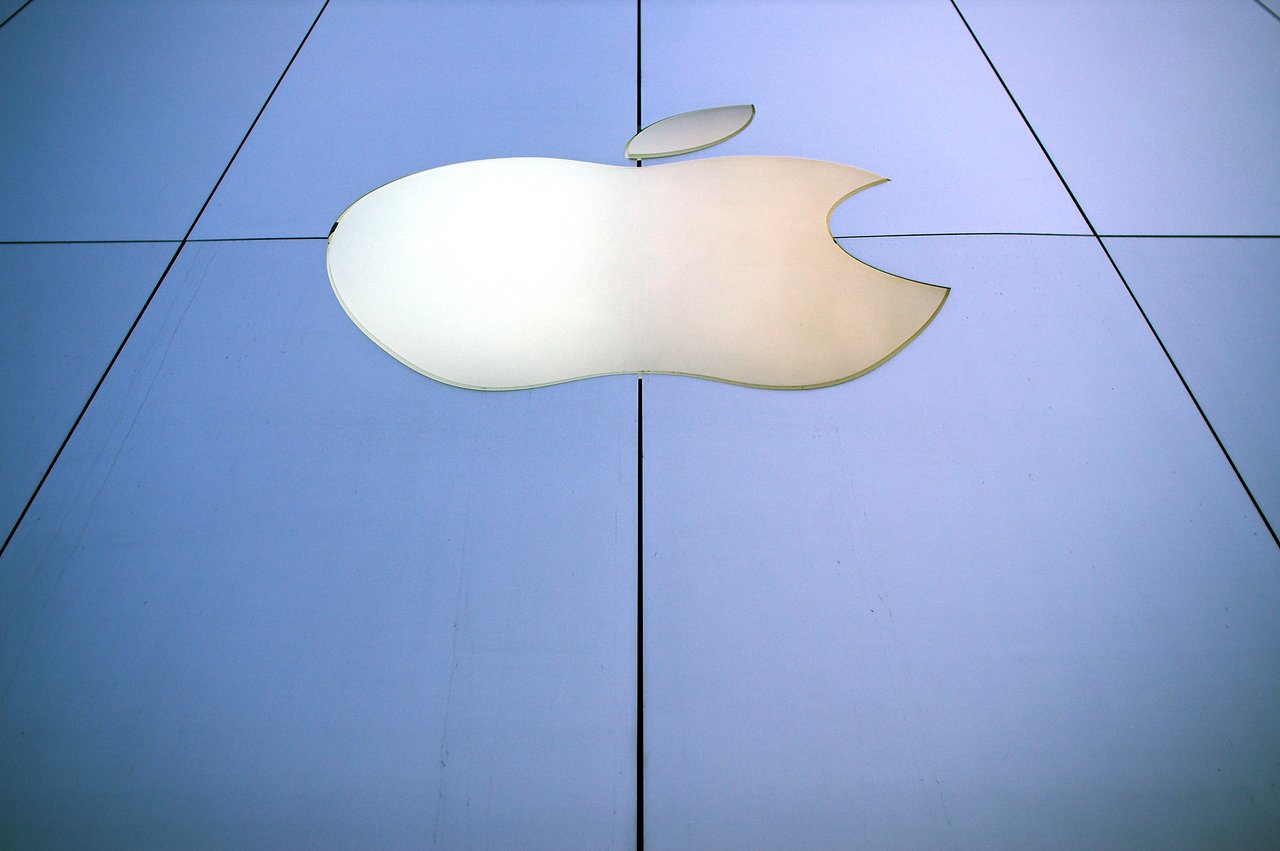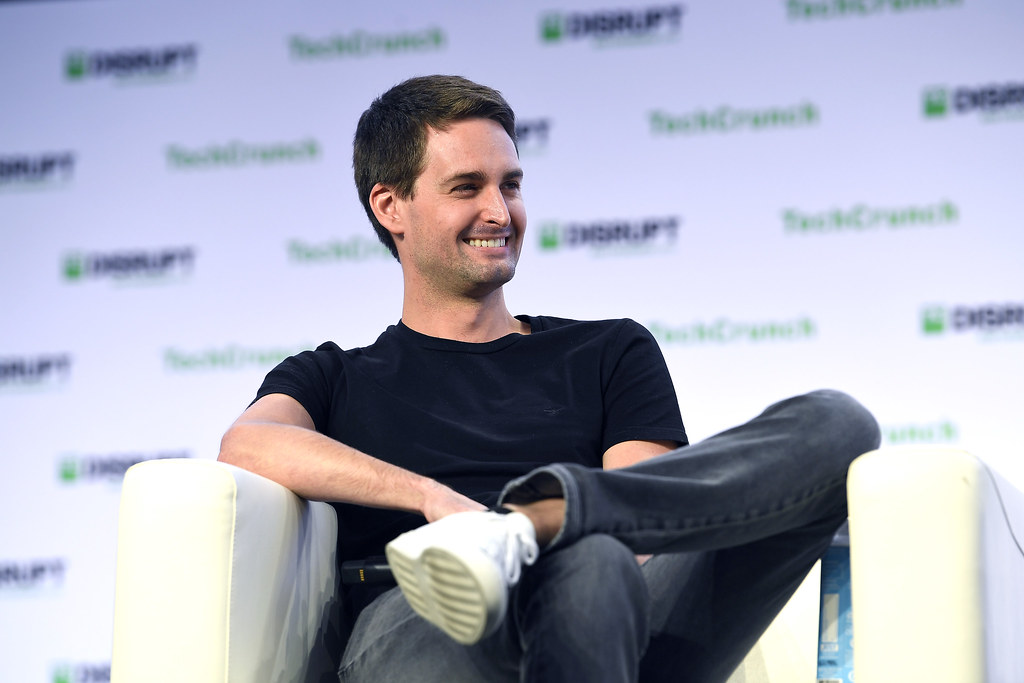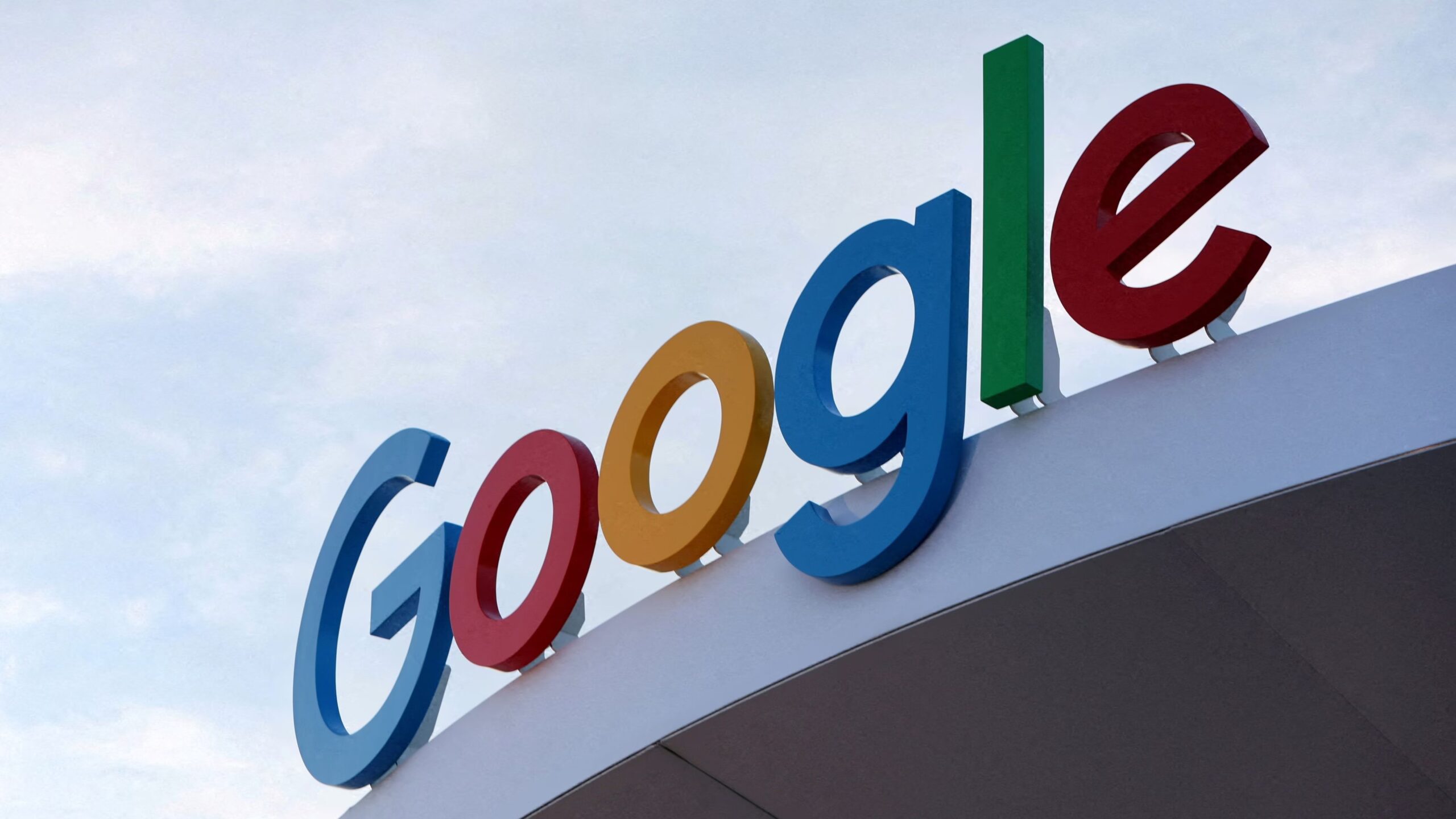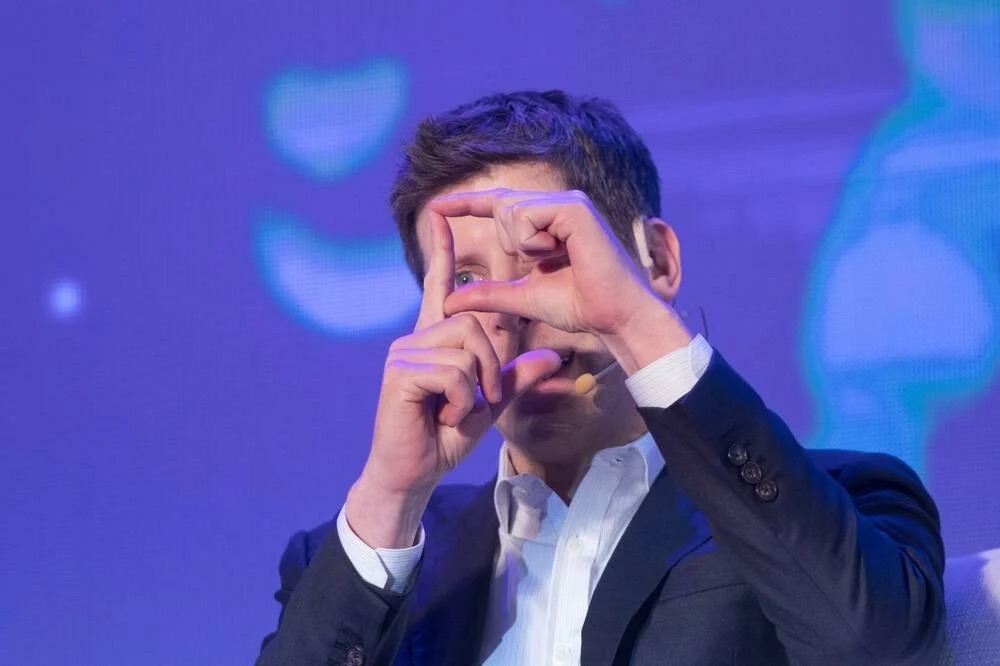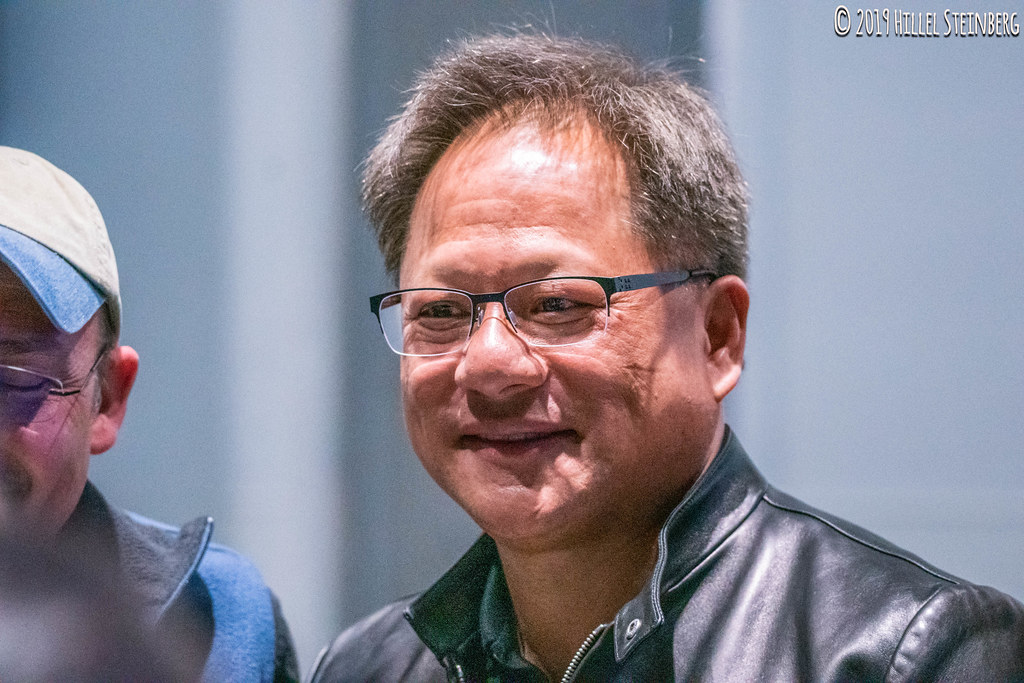Tesla CEO Elon Musk announced on Tuesday that the company’s robotaxi service is “tentatively” scheduled to launch in Austin, Texas, on June 22. Musk shared on X that he will be traveling from Los Angeles to Austin for the kickoff. When asked about the start of public rides, Musk confirmed the June 22 date and added that the first fully driverless trip from the Tesla factory to a customer’s home will occur on his birthday, June 28. However, he cautioned that the date could shift due to rigorous safety measures.
Driverless Testing in Austin
Earlier that day, Musk posted a brief video showing Tesla’s latest Model Y SUV operating autonomously on Austin streets without a human safety driver. The black vehicle, marked with a white “Robotaxi” graffiti-style logo, was seen safely navigating an intersection and yielding to pedestrians crossing.
Musk recently told CNBC that Tesla’s rollout will start small, deploying about 10 to 20 robotaxis equipped with a new “unsupervised” version of the Full Self-Driving (FSD) technology. The initial fleet will use Model Y vehicles rather than the upcoming CyberCab, which is expected next year. The service area will be geofenced, with Tesla employees remotely monitoring the fleet.
Musk’s Broader Roles and Controversies
In addition to Tesla, Musk leads SpaceX and the AI company xAI, which recently merged with his social network X. As the world’s richest person, he has also invested heavily in political causes, including nearly $300 million supporting President Donald Trump’s campaign.
Musk recently stepped down from leading the Department of Government Efficiency, where he oversaw regulatory cuts impacting Tesla and other companies he runs.
While many Tesla enthusiasts are eager for the Austin robotaxi pilot, some groups are preparing to protest, citing safety concerns. The Dawn Project, collaborating with activists including Tesla Takedown and Resist Austin, announced plans for a demonstration on June 12 in downtown Austin. They aim to highlight potential safety issues with Tesla’s electric vehicles and driver assistance features currently marketed as Autopilot and Full Self-Driving (Supervised).
Dan O’Dowd, CEO of Green Hills Software and The Dawn Project, described his organization as focused on tech safety and security education. Green Hills Software supplies products used by Tesla competitors such as Ford and Toyota.
Author’s Opinion
The launch of Tesla’s robotaxi service represents a significant step forward in autonomous vehicle technology, yet the mixed reactions underscore the challenge of balancing innovation with public safety concerns. Tesla’s cautious approach to safety and limited initial rollout show prudence, but protests and scrutiny indicate that broader acceptance will depend on transparent safety records and robust regulation. As autonomous tech progresses, earning trust will be as important as technical capability.


